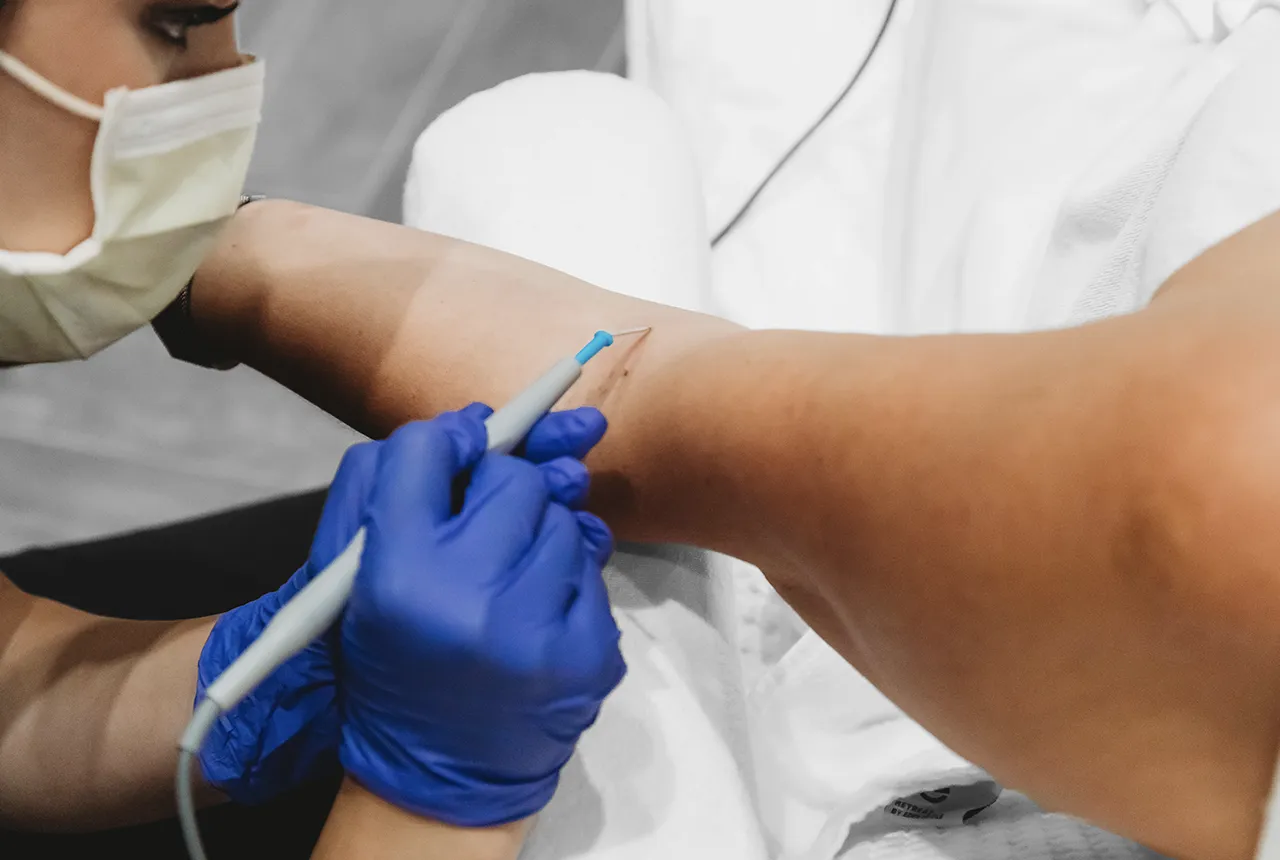Skin cancer is a common type of cancer that affects the cells in the outer layer of skin. In fact, it is the most commonly diagnosed cancer in the United States. It is important to recognize the signs and symptoms of skin cancer in order to detect it early and get prompt treatment.
Types of Skin Cancer:
There are three main types of skin cancer: basal cell carcinoma, squamous cell carcinoma, and melanoma. Basal cell carcinoma is the most common form of skin cancer, accounting for more than 80% of all cases. It typically appears as a small bump or patch on the skin that is red, pearly white, or waxy-looking. Squamous cell carcinoma usually appears as a scaly or crusted patch on areas that have been exposed to a lot of sun such as the face, neck, ears, lips, and scalp. Melanoma is less common but more deadly; it often appears as an asymmetrical mole with an irregular border and multiple colors.
Risk Factors for Skin Cancer:
Anyone can get skin cancer, but there are certain factors that may increase your risk including having fair skin, having a family history of skin cancer, living in a sunny climate, spending too much time outdoors without proper protection from UV rays (such as sunscreen), and having had previous sunburns or other forms of radiation exposure (such as X-rays). People who use tanning beds are also at an increased risk for developing skin cancer due to their high levels of exposure to UV rays.
Prevention & Treatment:
Skin cancer is one of the most common types of cancers in Canada today, but luckily there are many steps you can take to protect yourself from developing this disease. The best way to prevent getting skin cancer is by avoiding excessive sun exposure, and protecting yourself when outdoors with sunscreen with an SPF of 30 or higher. Additionally, eating healthy foods rich in vitamins A & C can protect you from sun damage, since they help promote healthy collagen production. This also helps keep your skin looking young!
If you are at a higher risk of developing skin cancer, your doctor may recommend having regular skin checks done to detect potential early stage skin cancers. If you do develop or notice any suspicious spots on your body, it’s important to visit your doctor right away so that they can properly diagnose any potential problems and provide you with appropriate treatment options if needed. These treatment options may include topical creams, a combination of cryotherapy, electrocautery, and/or curettage, or skin surgery. The key takeaway point here is prevention – taking appropriate steps now will help you avoid potential issues later down the line.






